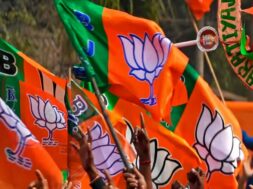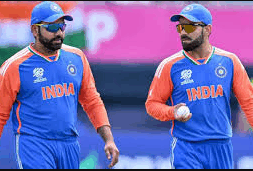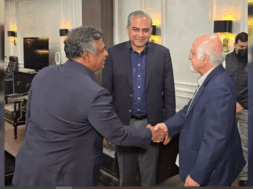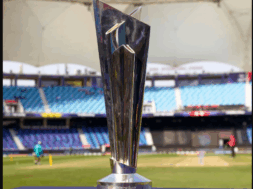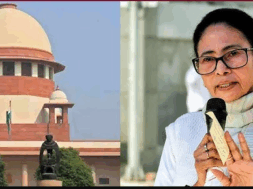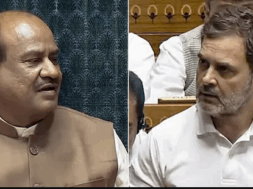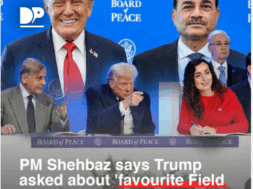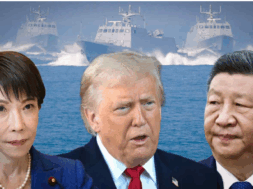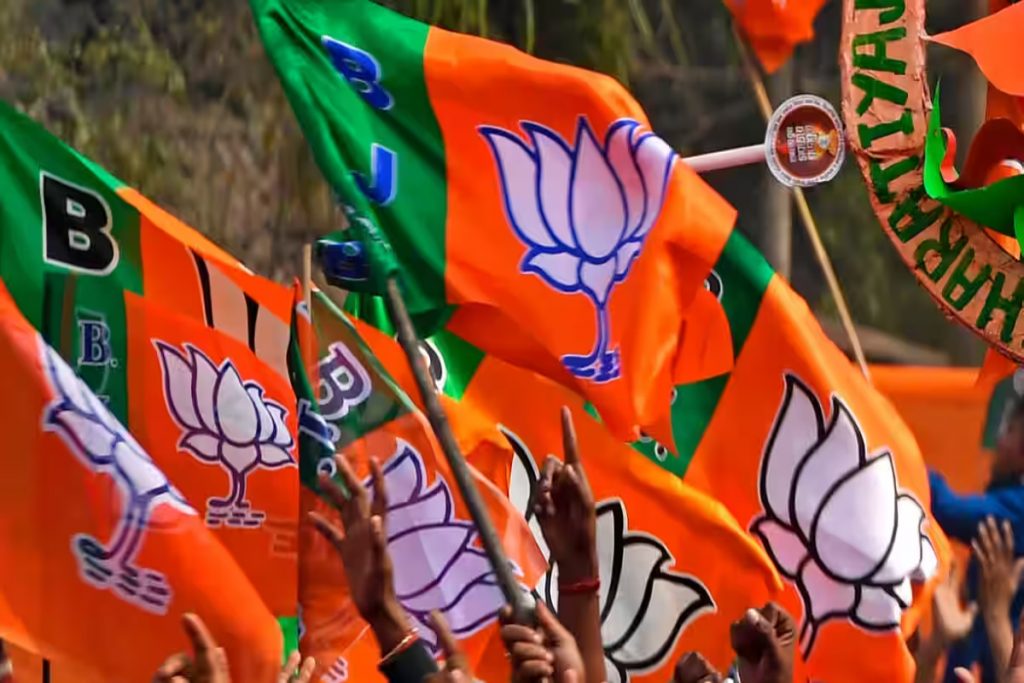
Manas Dasgupta
NEW DELHI, Sept 26: Contrary to its criticism of the Congress, the BJP is learnt to have decided not to project a chief ministerial candidate in the coming elections to the five states and rely on “collective leadership.”
The BJP had always been a very strong critic of the Congress on this issue and had always held it as a sign of internal feuds in the party and lack of strong leadership. It has also criticised the opposition INDIA bloc for not naming a prime ministerial candidate to take on Narendra Modi in the Lok Sabha elections next year holding it as reflection of inherent weaknesses within the bloc.
The party sources admitted that given the fluid situation and internal squabbles within the party over the leadership issue, particularly in the three states in the Hindi belt going to the polls by the end of the year, the party had been forced to decide against naming a chief ministerial candidate which could further lead to group rivalry.
The fielding of some top guns by the BJP to contest the coming Madhya Pradesh state Assembly elections, including three union minister and four sitting Members of Parliament as well as a senior party executive, is believed to be part of the party’s decision not to name a chief ministerial candidate. The list announced so far for MP is a signal to the incumbent chief minister Shivraj Singh Chauhan that his continuation in the office is not guaranteed even if the party retained power.
The sources said the BJP would not project a chief ministerial candidate in any of the five state elections due later this year, particularly in the majority Hindi-speaking states of Chhattisgarh, Rajasthan and MP and rely on “collective leadership” even in Telangana and Mizoram, the two other states going to the polls.
The party sources said though Chauhan had not yet been named in the two list of candidates declared by the BJP so far for MP, it was wrong to presume that he might be dropped altogether but the caveat that “any leader can become chief minister” haven’t exactly resolved the matter.
The “collective leadership” message was floated in that context too and the party has indicated that, should it win the polls, a chief minister will then be selected by the newly-elected lawmakers.
In Rajasthan, where the BJP is in the opposition, this tactic means it will contest without a chief minister candidate for the first time. Former Chief Minister Vasundhara Raje, a prominent face of the Scindia royal family and the party’s tallest leader in the state, is widely seen as shoo-in.
As early as January there was buzz about Ms Raje being named as the candidate for the top job, with posters declaring her as such appeared outside the party’s state head office in Jaipur, but the posters started disappearing as other contenders for the top job kept emerging who also challenged Raje’s leadership. Among the contenders are the state party chief Satish Poonia and former minister Gulab Chand Kataria, who is currently the Leader of the Opposition. Gajendra Singh Shekhawat and Arjun Ram Meghwal, both union ministers, are also contenders. For now, though, the BJP seems content to rely on “collective leadership” to re-take Rajasthan.
In Chhattisgarh – also Congress-ruled – the BJP has what would be ‘traditional’ options in former Chief Minister Raman Singh and state boss Arun Sao, but is likely to go the “collective” route. Senior BJP sources have big hopes from the “collective leadership” plan, pointing to the party’s victory in the 2017 Uttar Pradesh election as a template for future state polls.
For the first time, the BJP has started nominating its candidates for some of the seats in MP even before the election dates were announced. In the 230-member MP Assembly, the BJP has already released two lists with 79 candidates and the second list released this week included three union ministers – Narendra Tomar, Prahlad Patel, and Faggan Singh Kulaste – and its national general secretary, Kailash Vijayvargiya, as well as four sitting MPs.
The party sources said the BJP leadership believed these to be “weak seats” for which it had named its candidates for advance preparations. The same sources have also insisted fielding MPs and union ministers sends a message of “collective leadership.”
The party is focused on “curbing nepotism” and winning seats, and regional leaders must now prove their worth to the BJP’s national command in order to get a shot at state elections, sources claimed.
Significantly, the BJP’s apparent move to the “unity” message comes in a state where it is likely to face an undivided opposition, the INDIA bloc which may contest this election together rather than squabble amongst themselves, as they might do in states like Bengal, Punjab, and Kerala.
Commenting on the lists, Mr Chauhan said in team spirit, “This is wonderful and unprecedented. All our top leaders will contest. This will ensure a mega victory for us.”
The ruling party also seems to be trying to strike a balance between its various senior regional leaders on the election battlefield, to extract the most out of their experience and influence along specific regions and castes.
By fielding seven sitting MPs, not only does the party want to win the weak seats, but also ensure that neighbouring seats too are influenced by these seasoned politicians’ continued presence.
Besides the three union ministers, the four other Lok Sabha MPs in the race are — four-time MP from Satna seat Ganesh Singh, second-time sitting MP Riti Pathak from Sidhi Lok Sabha seat, four-time Jabalpur MP Rakesh Singh and third time MP from Hoshangabad seat Uday Pratap Singh.
